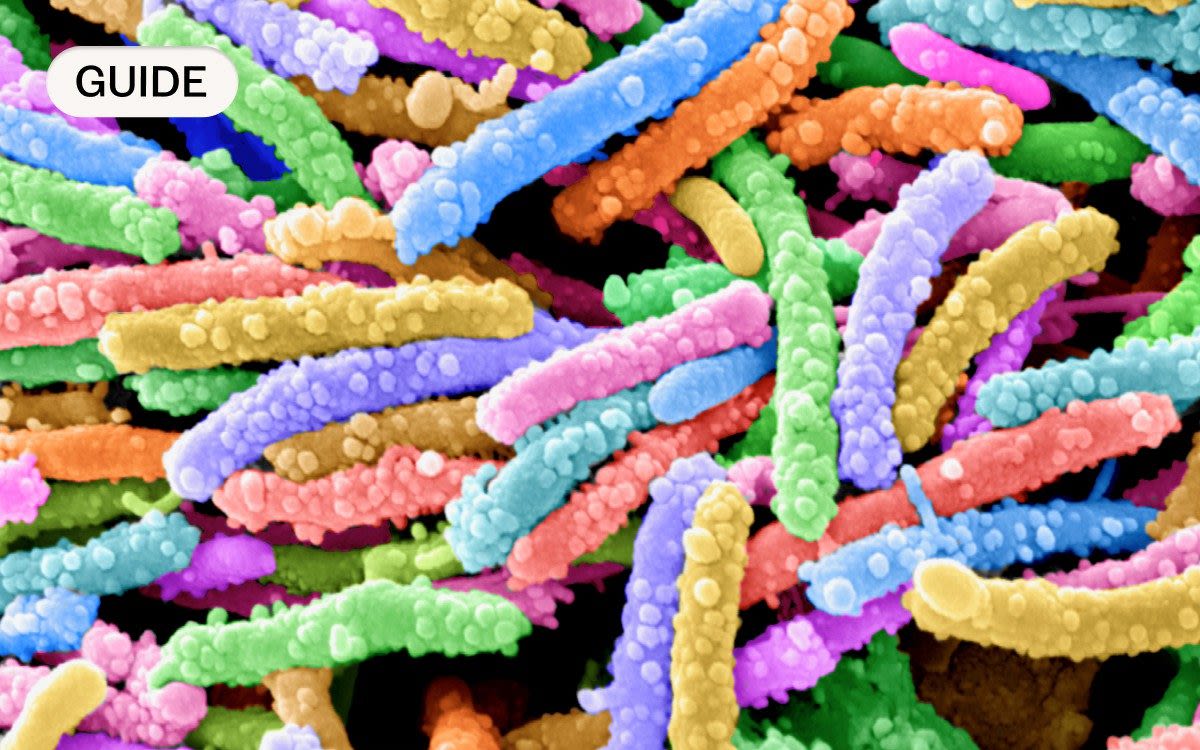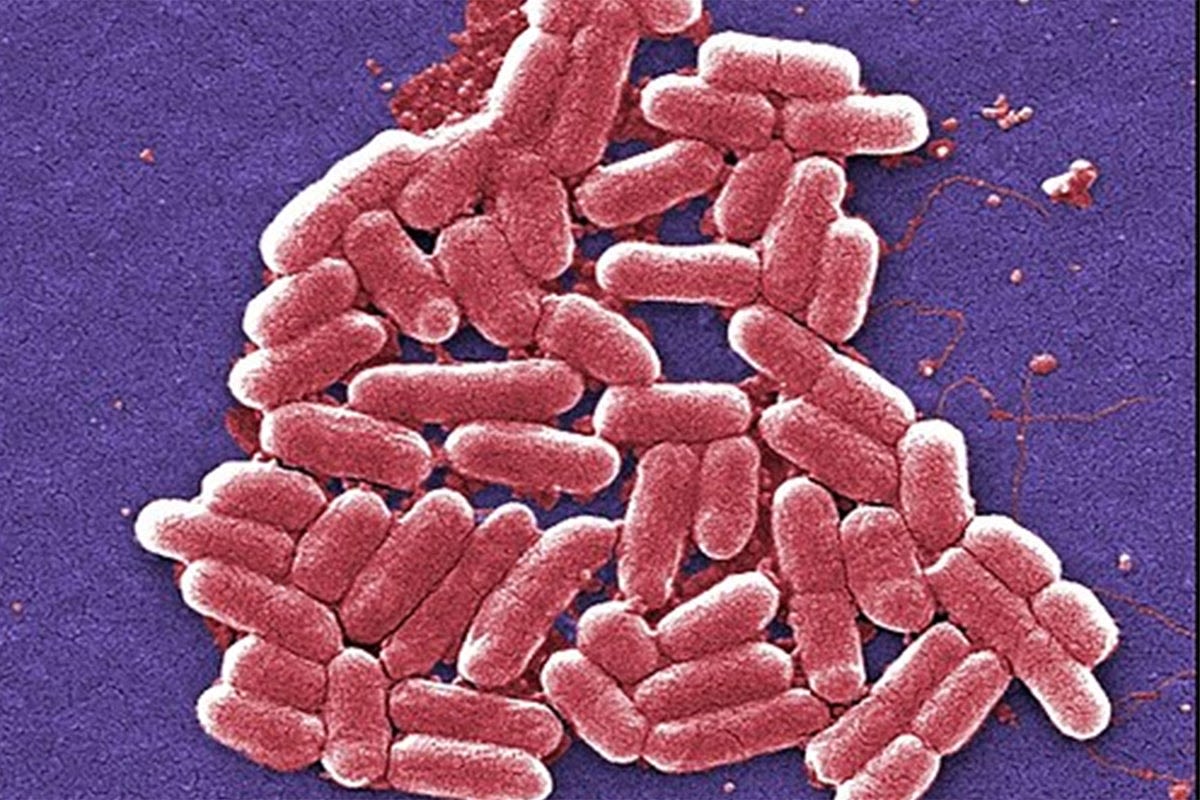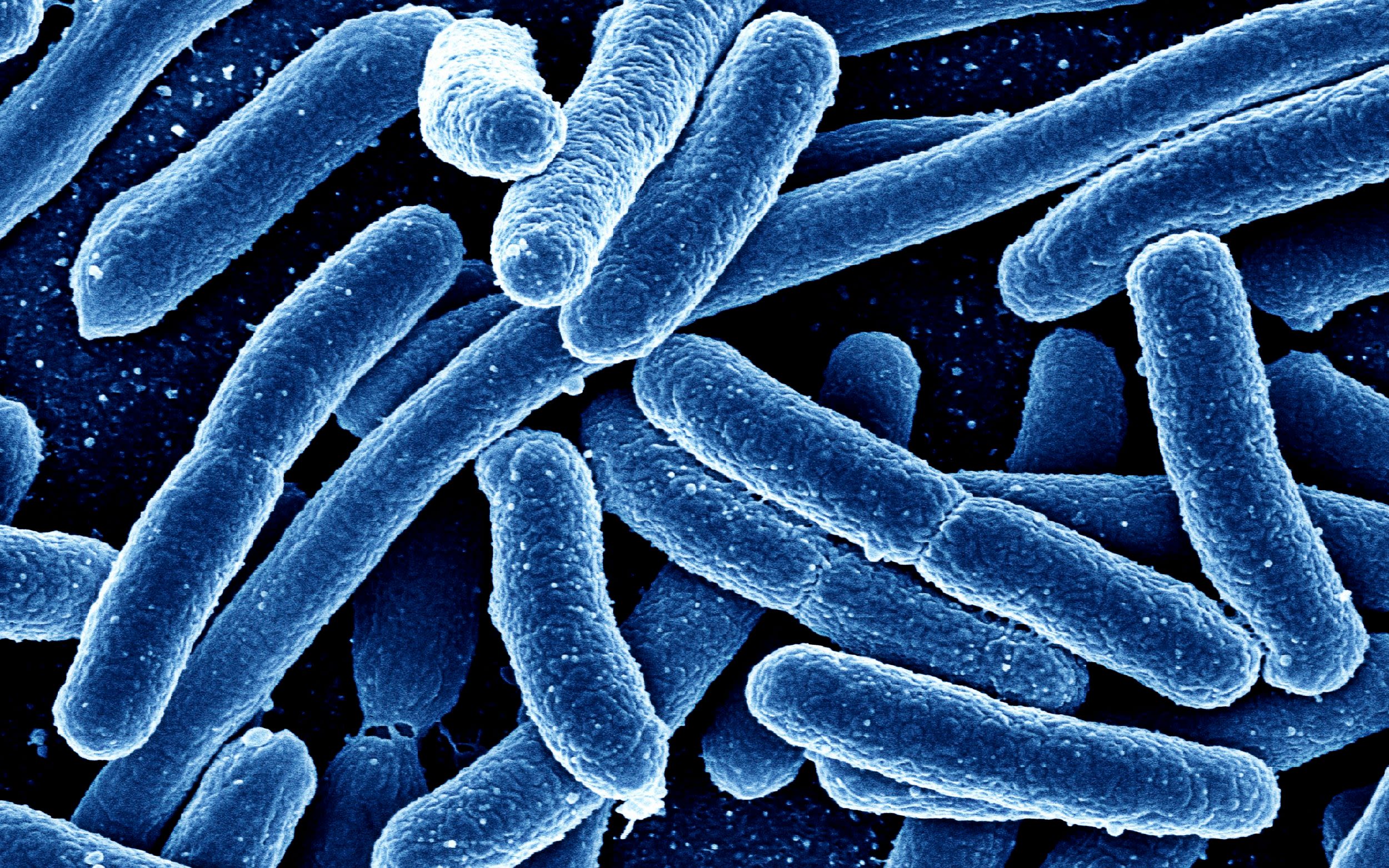Search results
People also ask
What illnesses can E. coli bacteria cause?
What are the different types of E. coli bacteria?
How do you get E. coli bacteria?
Oct 1, 2022 · Escherichia coli (E. coli) bacteria normally live in the intestines of healthy people and animals. Most types of E. coli are harmless or cause relatively brief diarrhea. But a few strains, such as E. coli O157:H7, can cause severe stomach cramps, bloody diarrhea and vomiting.
Nov 22, 2023 · What is an E. coli infection? An E. coli infection is any illness you get from strains of E. coli bacteria. For instance, there are harmful strains of E. coli that cause watery diarrhea, stomach pain and other digestive symptoms (gastroenteritis) if you accidentally ingest them.
May 14, 2024 · E. coli are bacteria that can cause diarrhea and other illnesses. Learn how to avoid infection, recognize the signs, and treat the symptoms from the Centers for Disease Control and Prevention.
Escherichia coli (/ ˌ ɛ ʃ ə ˈ r ɪ k i ə ˈ k oʊ l aɪ / ESH-ə-RIK-ee-ə KOH-ly) is a gram-negative, facultative anaerobic, rod-shaped, coliform bacterium of the genus Escherichia that is commonly found in the lower intestine of warm-blooded organisms.
News about E. coli, E.coli, symptoms
News about Virginia, E. coli, children
News about E. coli, Plum, water supply
News about E-coli, E. coli, outbreak
Feb 7, 2018 · Learn about E. coli, a bacteria that can cause severe food poisoning and life-threatening complications. Find out the sources, symptoms, prevention and treatment of E. coli infection from WHO.
E. coli is a group of bacteria that can cause infections in your intestines, urinary tract, and other parts of your body. Learn how to prevent, diagnose, and treat E. coli infections from the Merck Manual.




